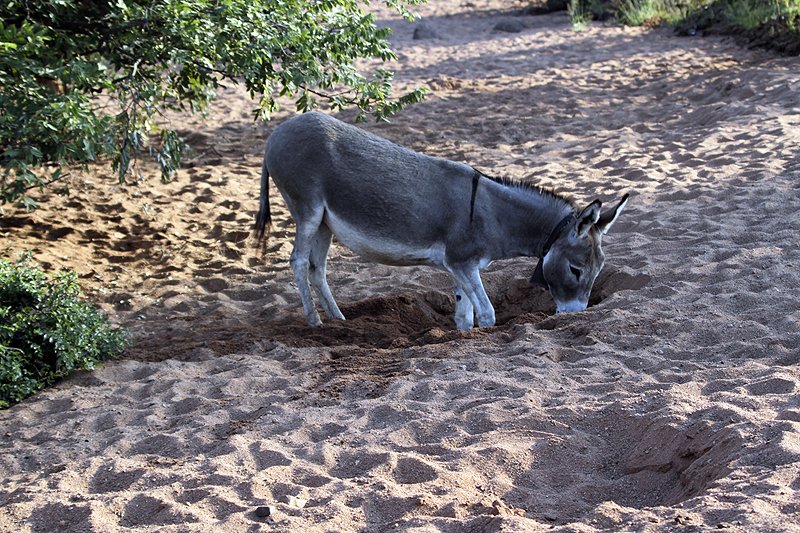Gwanda South in Matabeleland South is faced with a serious water crisis with residents forced to resort to unprotected water sources.
Most of the areas in the semi-arid region of the country are characterised by low rainfall patterns forcing villagers to compete with livestock for water sources.
Ward 3 Mzimuni councillor, Limukani Nyoni, said villagers expose themselves to water borne diseases as they are forced to drink from unprotected water sources.
Cllr Nyoni told CITE in an interview said the situation in the area is dire.
“The situation is dire because everyone, including schools and the clinic rely on the contaminated river water and sometimes villagers get sick,” said Cllr Nyoni.
“Currently Mzimuni clinic’s borehole ran dry and people are forced to fetch water from unprotected wells.”
Cllr Nyoni said drilling of boreholes will not solve the water crisis and there is urgent need to construct more dams.
“If we drill boreholes in this area we will be wasting resources because there is ‘not enough sand to capture water which is one of the major reason we have muddy water.
“However, we are appealing to government and Gwanda rural district council for funds to drill boreholes as a short-term measure and construction of dams as a long-term measure,” he appealed.
Meanwhile, some villagers who spoke to CITE bemoaned government’s failure to construct dams in the area.
“There are little rains in Gwanda and we are now surviving on drinking and cooking with muddy water a situation that can be avoided if there is commitment,” said Agrippa Mguni, a villager.
“We depend on rivers that run out of water very early which is also a disadvantage to our livestock.”
Another villager, Bhekizulu Nzima said they are prone to diarrheal diseases as they drink unsafe water.
In December 2017, government announced that it was launching a $4,5 million borehole drilling project under the Command Water Harvesting Programme, with each constituency getting four boreholes.

